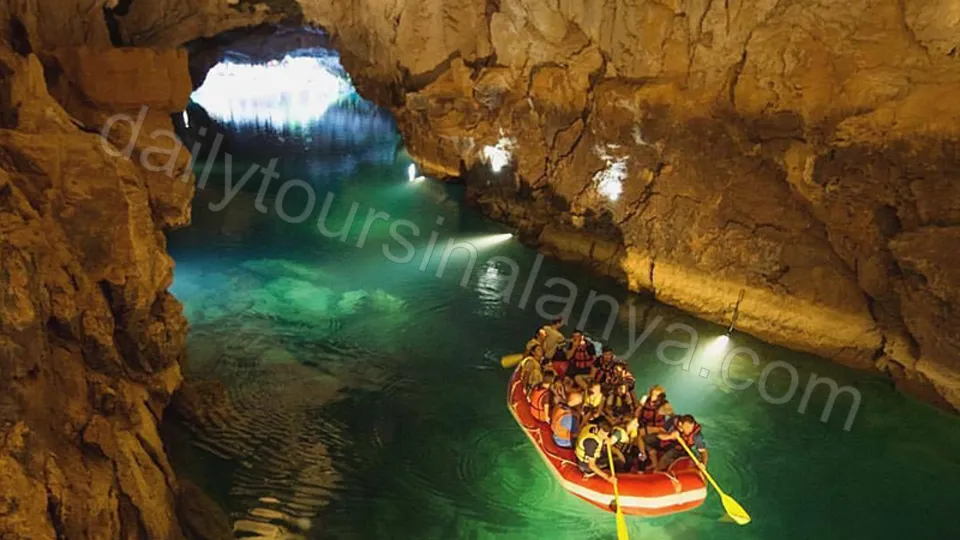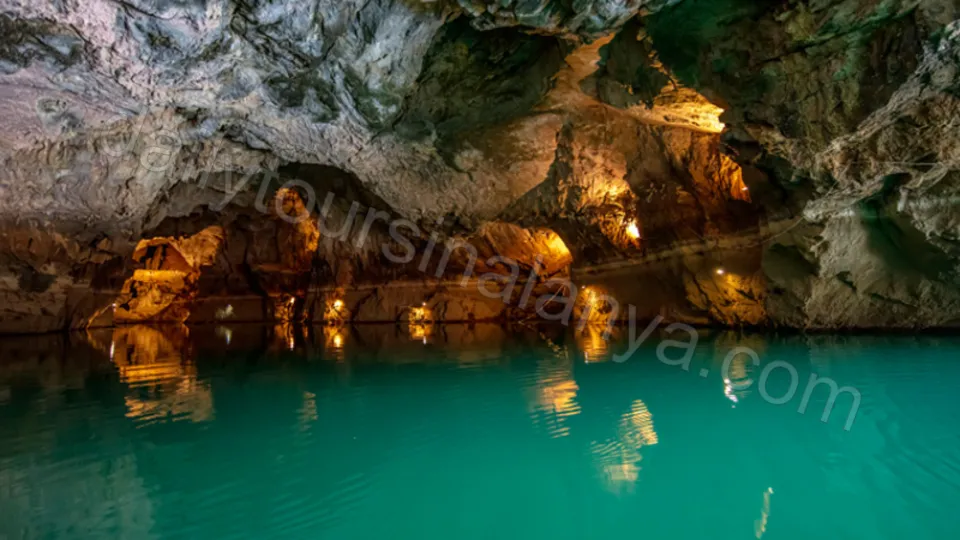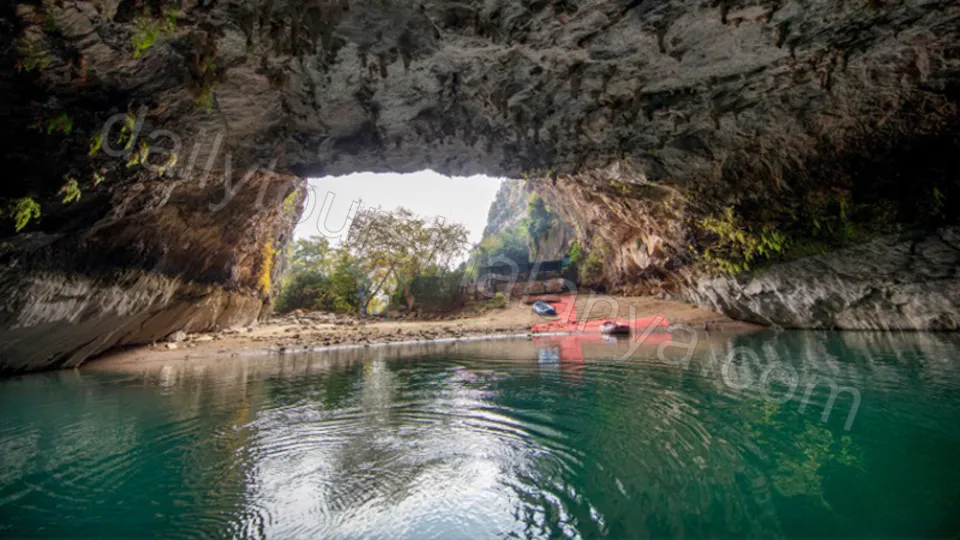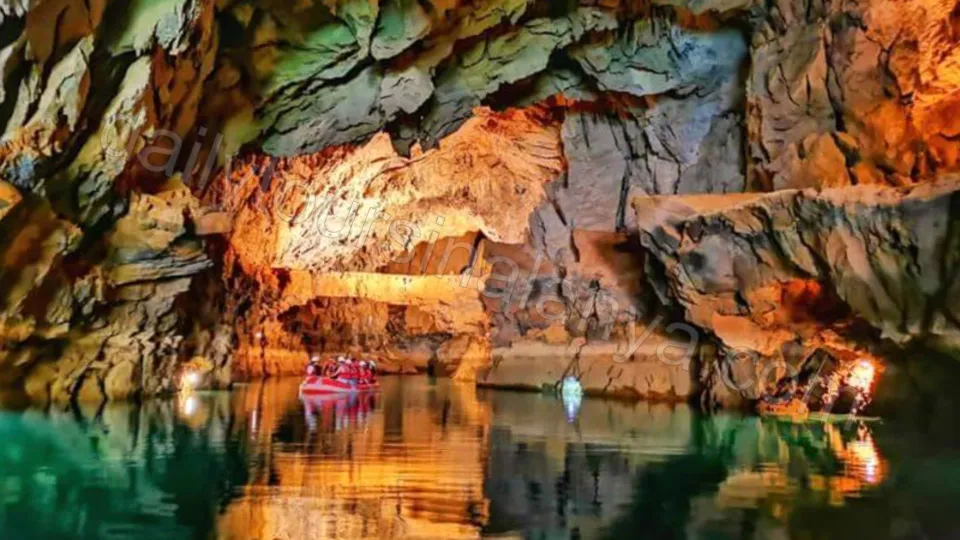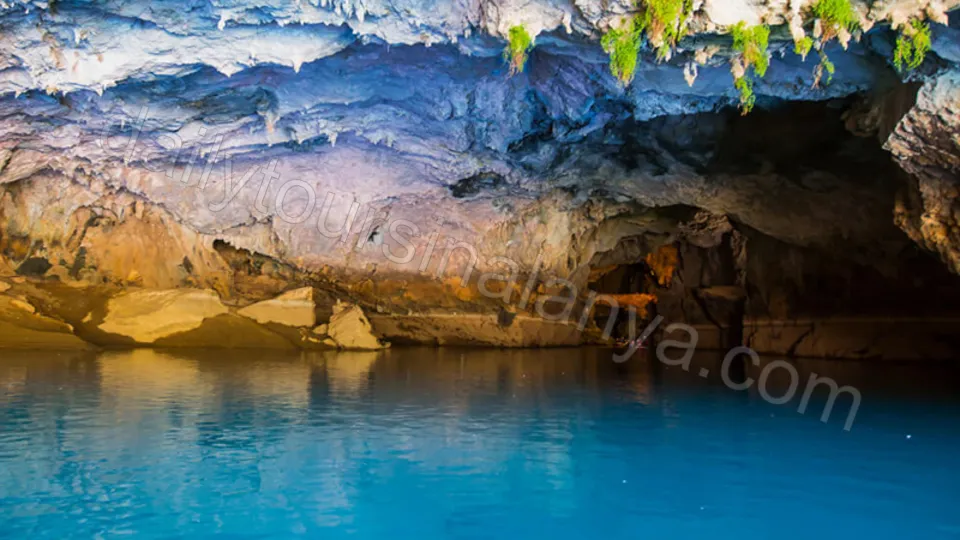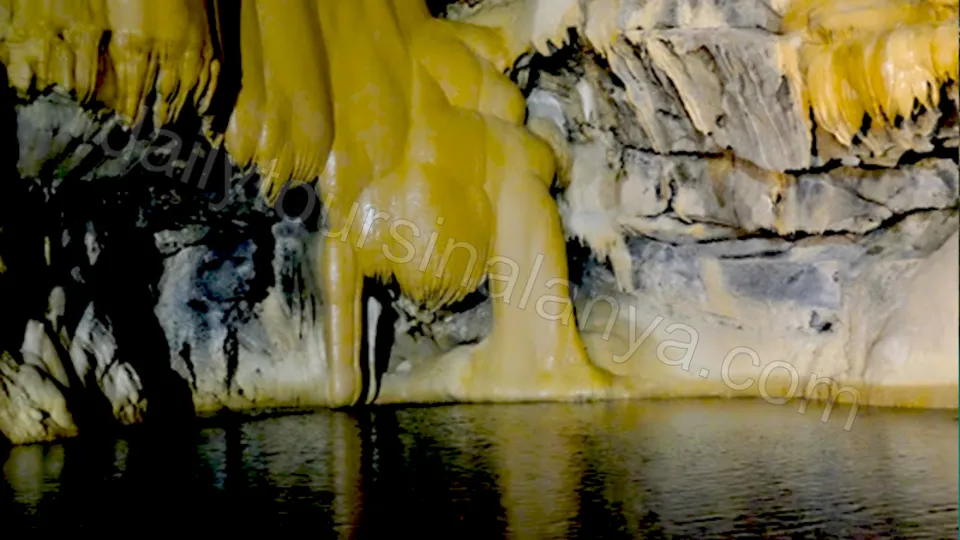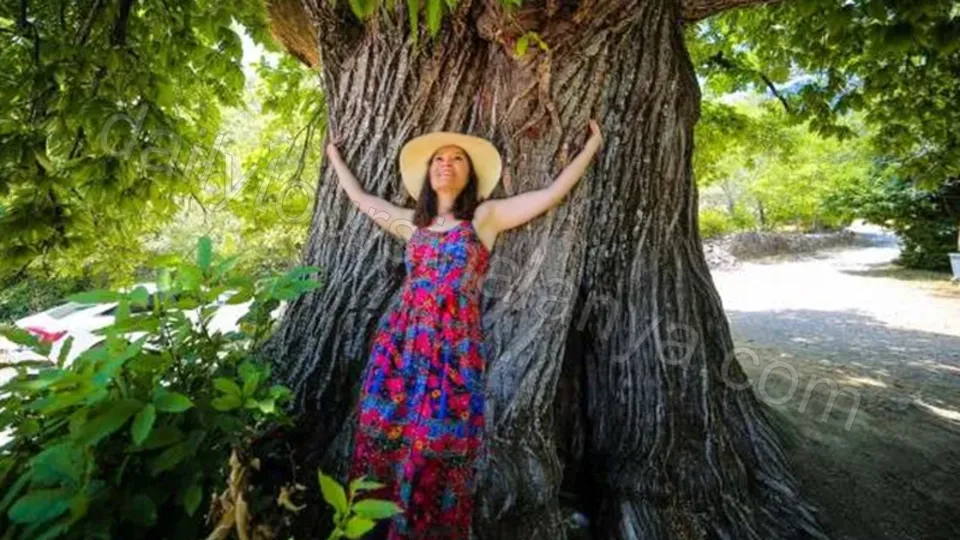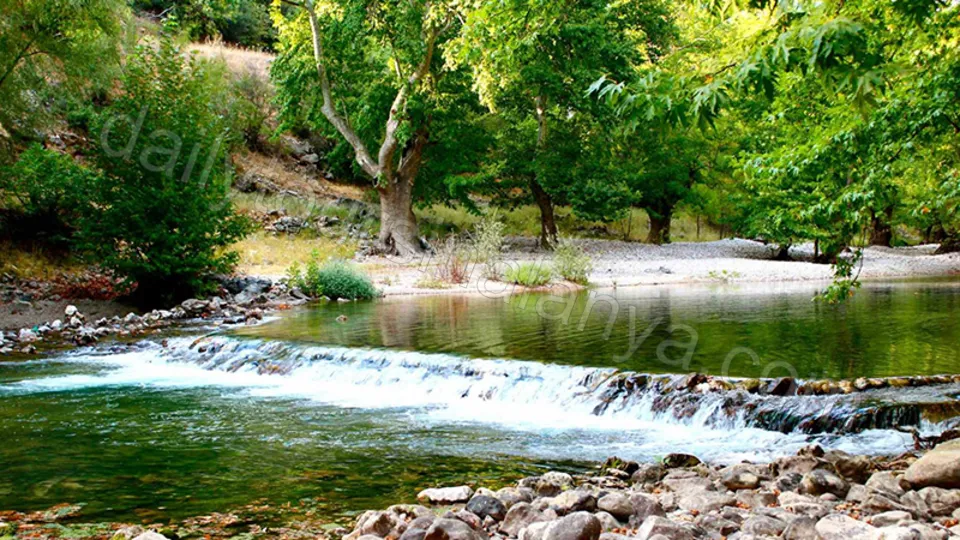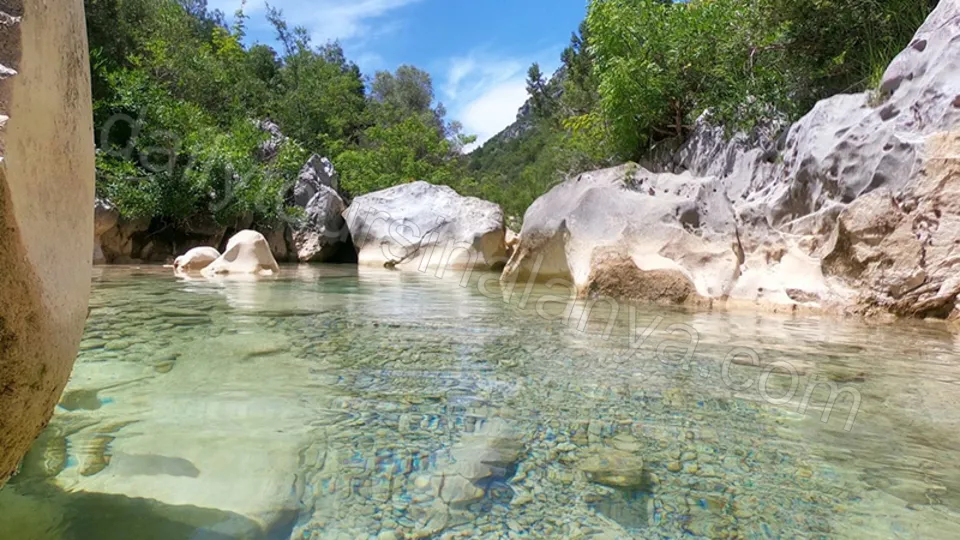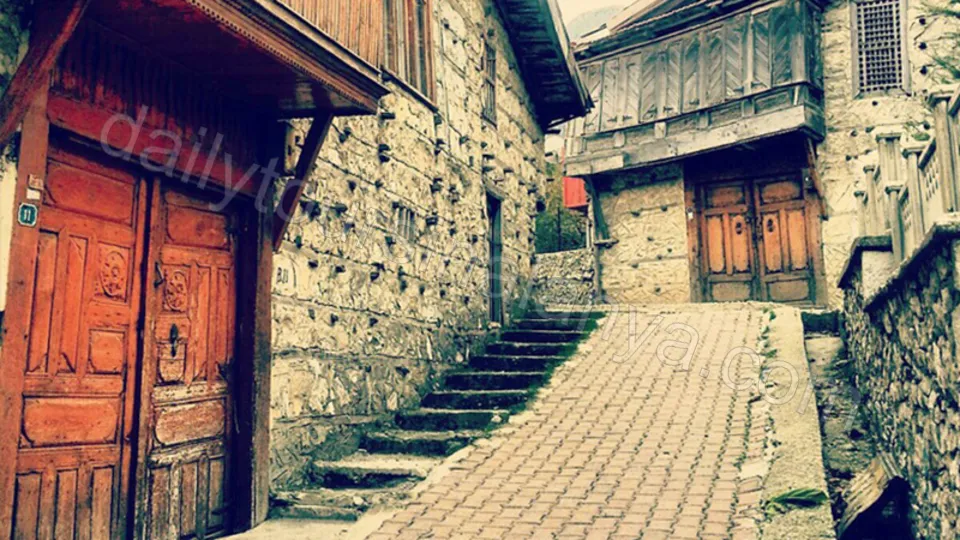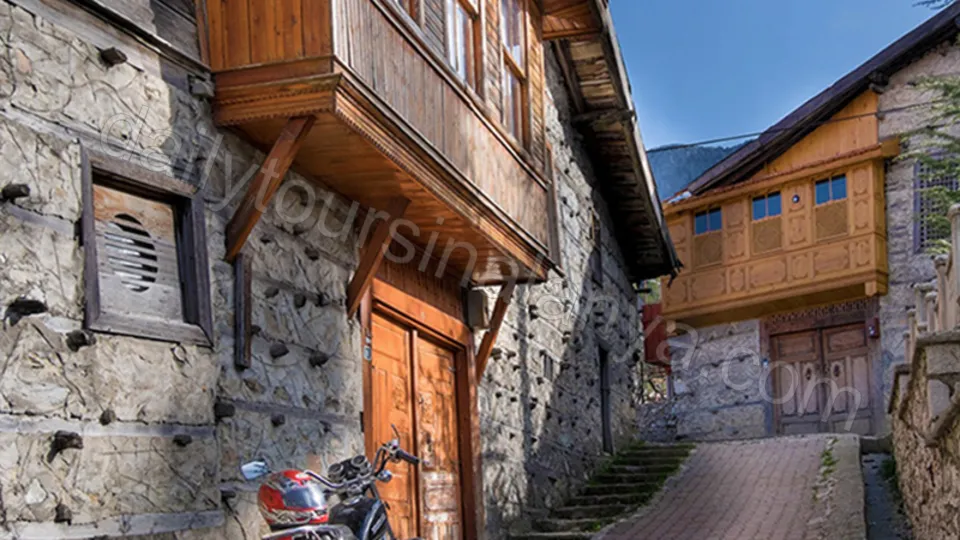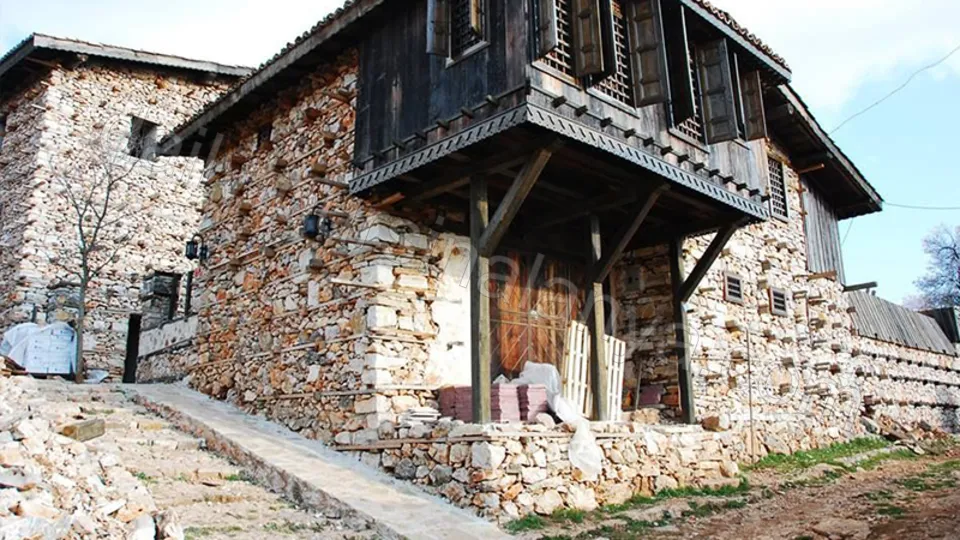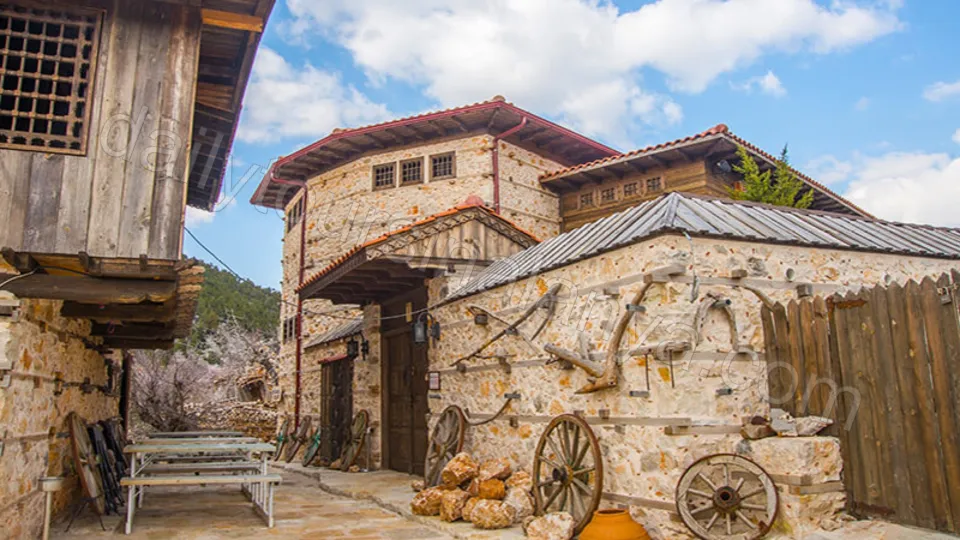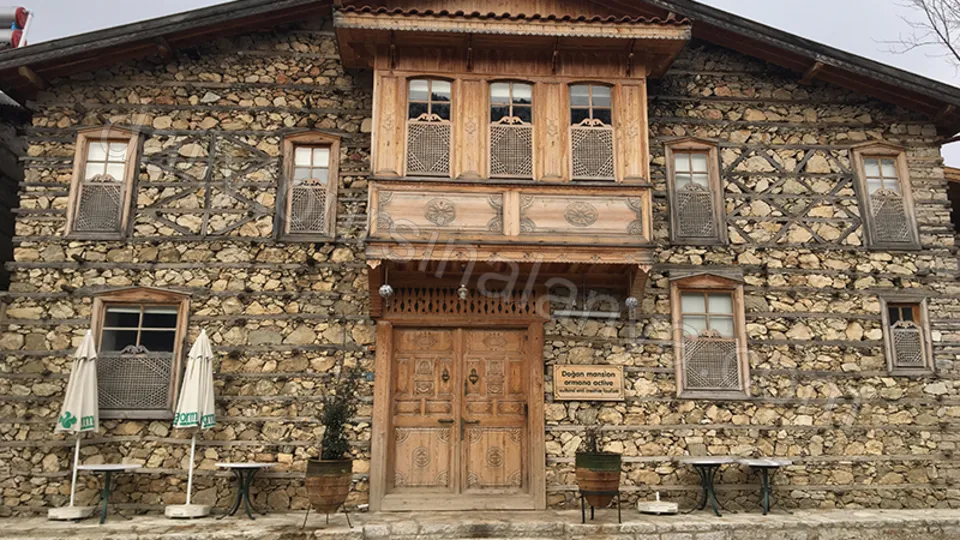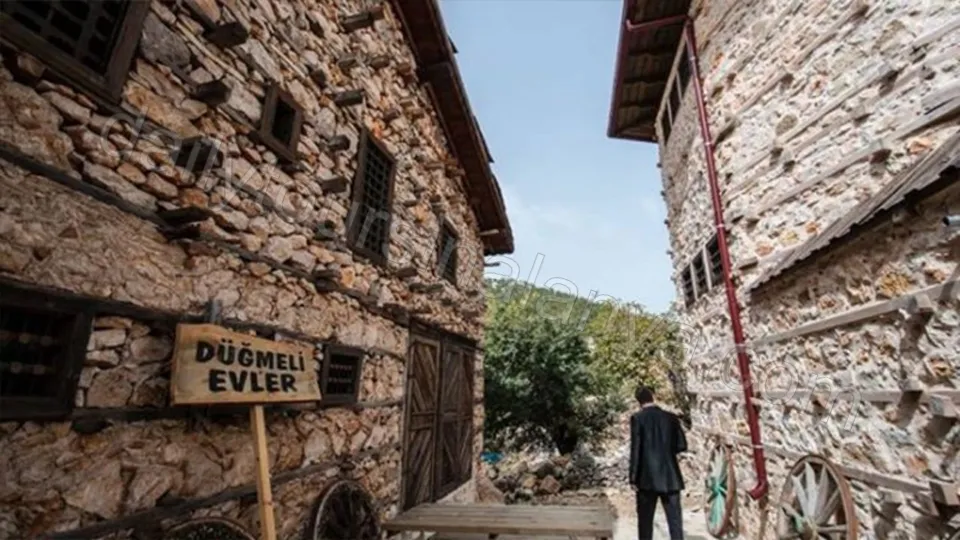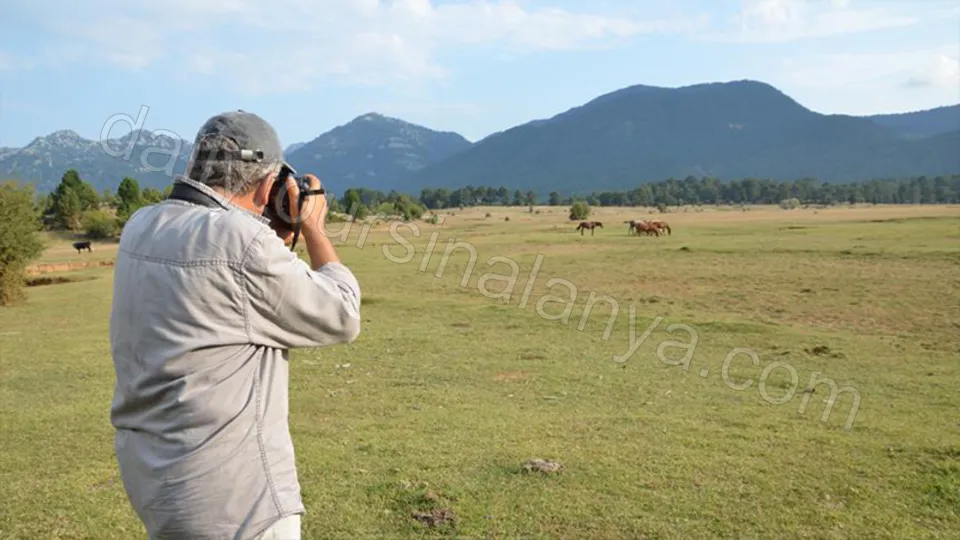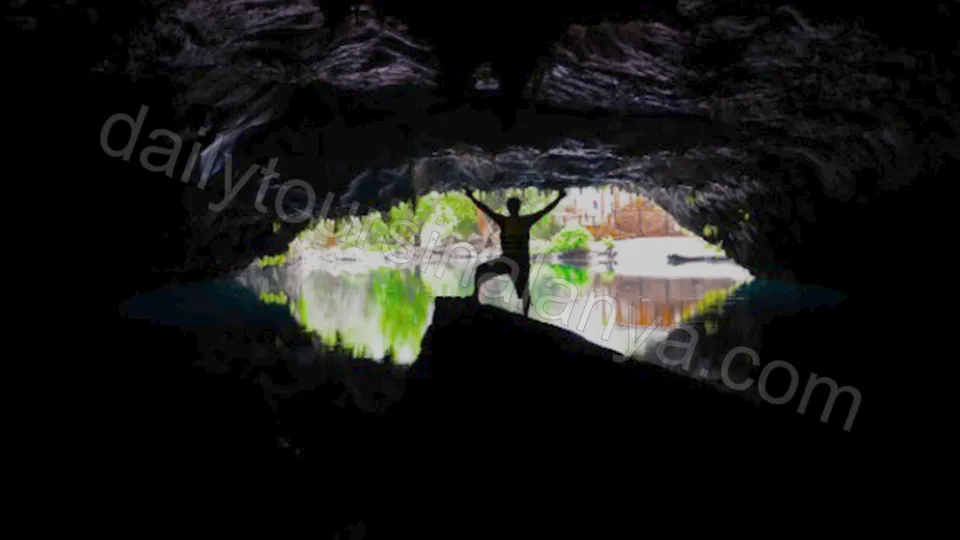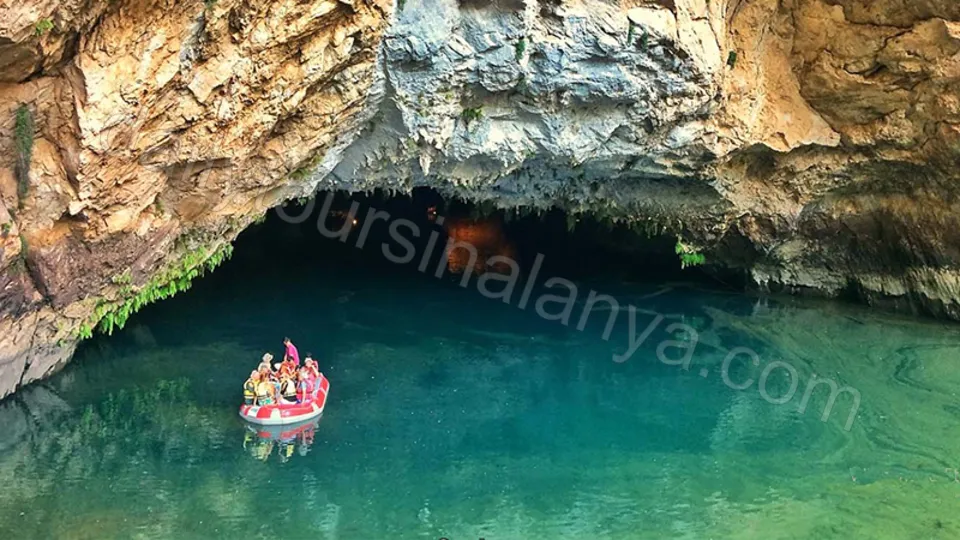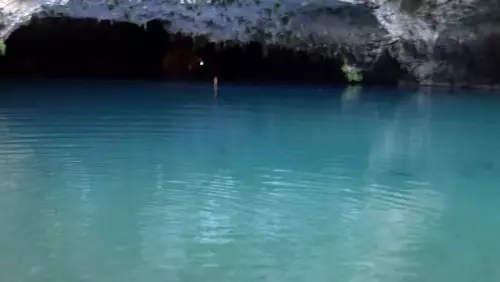Altinbesik Cave Tour From Alanya Price
| Tour Days | Wednesday, Saturday |
| Transfer | Transfer included |
| Total Tour Duration | 9 hours Transfer duration included |
| Pick up time | 08:30 (Approximately) |
| Tour Begins at | 10:00 |
| Drop-Off Time | 17:30 (Approximately) |
| Instant Confirmation | Yes |
| Included | Transportation, Guidance, Lunch, Altınbeşik Cave and National Park entrance tickets |
| Excluded | Personal expenses, drinks |
| Bring with You | Swimsuit, towel, spare clothes, water shoes/sandals, sunscreen, hat, sunglasses, water, light snacks, small cash, waterproof phone case |
| Tour Guide | En, De, Tr, Ru |
Tour Program
- Hotel pick-up and scenic drive into the Taurus Mountains.
- Short stop on the way near laurel and thyme fields/orchards for drinks and photos.
- Panoramic photo break from around 1200 m overlooking Green Canyon and Oymapınar Dam.
- Visit a traditional Yörük village and a historic mosque.
- Guided walk in Ürünlü Village, plus a coffee break in the village center.
- Visit the famous Button Houses (Düğmeli Evler) in İbradı / Ormana Village.
- Stroll through historic stone streets and experience the local atmosphere.
- Explore selected traditional houses and learn about the unique architecture.
- Arrive at Altınbeşik National Park and enjoy a nature visit.
- Photo stop under the monumental chestnut tree.
- Altınbeşik Cave tour by rafting boats.
- Open-buffet lunch with local flavors in Ormana Village.
- Short walk and free time inside Altınbeşik National Park.
- Brief visit to nearby ancient ruins (subject to availability).
- Visit Sarıhacılar Village and meet locals.
- Visit the 650-year-old Ottoman Mosque.
- Return transfer back to the hotels.
Experiences
- On the Altınbeşik Cave trip from Alanya, enjoy panoramic photo stops from high Taurus viewpoints overlooking Green Canyon and Oymapınar Dam.
- Visit Altınbeşik National Park for fresh mountain air, pine forests, dramatic karst valleys, and an easy nature walk.
- Enter the cave by rafting boat and glide across the underground lake—an unforgettable, calm, scenic cave experience.
- Explore Ormana Village: stroll through stone streets and discover the iconic Button Houses architecture.
- See authentic local life up close—village culture, everyday routines, and stories that make the route feel truly real.
- Depending on route conditions, enjoy extra short stops at monumental trees or historic ruins for quick exploration and photos.
Owerview
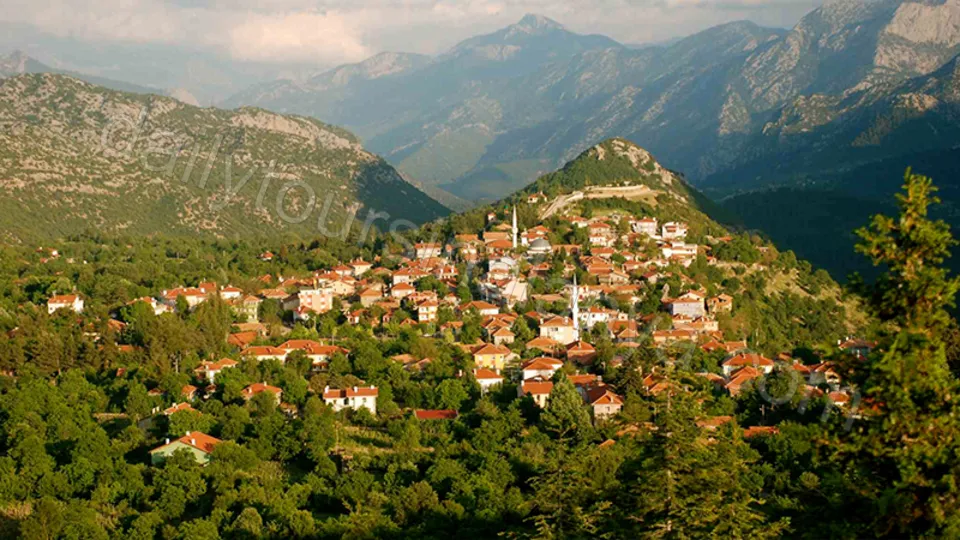
Altın Beşik Cave

The Altınbeşik Cave trip from Alanya is one of the most popular nature routes in the Taurus Mountains. What makes this cave special is the rare combination of rich mountain scenery outside and a lake-system inside—creating a very different experience compared to classic “dry” caves.
Altınbeşik Cave is widely known as the third-largest underground lake cave in the world and the largest lake cave in Türkiye. Since the full system has not been completely explored, the cave continues to impress visitors with travertine formations, stalactites/stalagmites, and water-shaped passages. Open to visitors since 1994, it can be toured at specific times of the day under guided/rule-based entry.
Hidden among pine forests, with turquoise water, fresh air, and birdsong, Altınbeşik is one of Antalya’s most remarkable natural attractions. That’s why many guests describe the Altınbeşik Cave trip from Alanya as not only a cave visit, but also a scenic journey through peaceful Taurus landscapes.
How was Altınbeşik Cave formed?
According to geological evaluations, the cave developed from the fracturing of massive limestone dating back around 70 million years to the Cretaceous period, shaped over time by underground water movements. Regional fault lines and deep valley drainage helped form the cave’s lake and gallery structure.
Waters coming from sinkholes such as Büyük Düden, Oruç Düdeni, and Feyzullah Düdeni flow through the Altınbeşik Cave system toward the Manavgat River. This is why the cave is considered semi-active, with water levels that may vary by season.
Key features of Altınbeşik Cave
The total length is estimated at around 50 km, while only the first 5.5 km has been explored so far. Within the explored sections, there are nearly 20 small lakes/pools of varying size. For general visitors, a section of about 200 meters (including branches) is suitable for touring.
Altınbeşik has a three-level cave system.
- Level 1: The water-entry section (canoes/rafting boats). It contains a lake about 15 m deep and 125 m long, with a naturally formed bridge-like feature in the middle. Because this part is permanently covered with water, you can observe stalactites and travertine formations. The cave then continues into branches.
- Level 2: A section shaped by stream beds and seasonal flow. In winter and spring, water volume can rise and some parts may fill completely, so access can be seasonal.
- Level 3: A drier, less active level with large rock blocks and impressive stalactite/stalagmite formations.
The cave temperature is generally stable around 16°C year-round, with average humidity close to 61%. In winter, increased water levels can restrict access; visits may not be possible in parts of winter and early spring.
Fauna: Various bat species and pigeons can be seen inside. In the surrounding area, you may encounter native Mediterranean wildlife such as wild goats, wild boars, foxes, partridges, and doves. Due to the water’s salinity, fish life is limited.
Where is Altınbeşik Cave located?
Altınbeşik Cave lies within Altınbeşik National Park, in the Taurus Mountains area of Akseki (Antalya region). It is about 12 km from İbradı. Some sections of the road toward Ürünlü Village may be unpaved but passable, while the final part can be more uneven.
The cave is around 130 km from Alanya. The Altınbeşik Cave trip from Alanya typically takes about 2.5–3 hours by car, depending on route and traffic.
Altınbeşik National Park

Altınbeşik National Park takes its name from Altınbeşik Hill and sits on the western slope of the Manavgat Valley. With caves, lakes, panoramic viewpoints, and diverse vegetation, it has become increasingly popular for nature travel in recent years.
For nature lovers, the area is an excellent choice for scenic walks, photography, and calm routes away from the coast.
Flora: The park features Mediterranean maquis and red pine forests, enriched by cedar and other native species. Seasonal wildflowers add color and scent. Sources highlight a strong level of botanical diversity, including many endemic species.
Park facilities: Depending on the season, you may find basic eco-tourism facilities, walking paths, resting spots, and services for visitors. Details can vary over time.
Thanks to suitable climate and geography, the cave region hosted many settlements through history. So the Altınbeşik Cave trip from Alanya can include not only nature, but also cultural traces along the route.
About İbradı
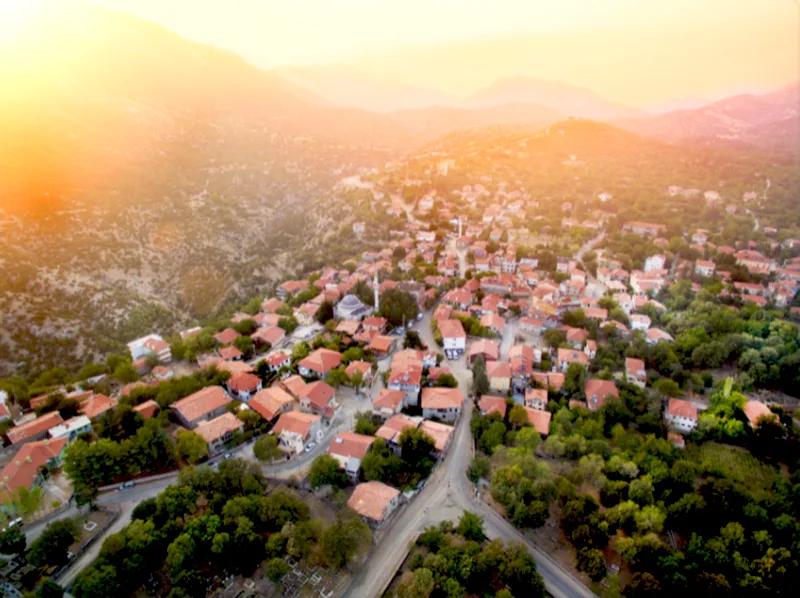
İbradı carries layers of history thanks to its location on old routes and its livable mountain climate. With quiet Taurus scenery, traditional village life, and architectural heritage, it can feel like stepping into another era—even within a single day.
History of İbradı
The earliest known settlement traces in the area go back about 2200 years. Over different periods, the region kept its cultural diversity and local identity.
Settlements built on limestone hills benefited from natural protection. Urbanization increased in the Roman period, and later Seljuk and Ottoman influences left visible marks in the wider area.
Although climate and time have worn down some structures, there are still ruins and remnants where you can follow the footprint of past civilizations.
Places to see in İbradı
Sarıhacılar / Ormana Village & Button Houses

The famous Button Houses represent a unique local architectural tradition shaped by the region’s geography. Built roughly 500 years ago, they are known for wooden end-points on the exterior that resemble “buttons.”
It is often stated that classic cement or mortar was not used in these buildings and that the main structure relies on timber framing. The consistency of this style across the village reflects a strong cultural continuity.
Some houses are still inhabited, and the area is generally protected, which can limit new construction. While farming and livestock were once the main livelihood, tourism and local hospitality have become more visible in recent years.
Stone-paved streets, local flavors, and warm village atmosphere make this stop feel truly different from modern city life—ideal for visitors seeking calm and authenticity.
The phrase “Doğdukları yeri unutmayanların beldesi” at the village entrance highlights a strong sense of belonging and heritage.
Eynif Plain
Eynif Plain is known for its wide landscape and natural life. Wild horses (year-round “yılkı” horses) may be seen in the area, and with some luck you can observe them during the trip.
Because the plain lies near historic routes, there are also traces of old structures in the region, including notable Seljuk-era caravanserai remains.
Monumental Chestnut Tree

Known as one of Türkiye’s oldest chestnut trees, this monumental tree holds symbolic value and attracts many visitors. It is often described as at least 1100 years old, with a circumference of about 18 meters, and is one of the most popular photo points in the region.
Çukurviran Tomb Monument
Dated to the 1st century AD, this monument stands on a high point and includes sections that reflect the architectural character of its era. The ruins and stone details are especially interesting for history enthusiasts.
Erymna Ancient City
Erymna is associated with ancient settlements of the region. Although only limited parts remain, the acropolis area and the surrounding historical landscape make it a meaningful stop for curious travelers.

